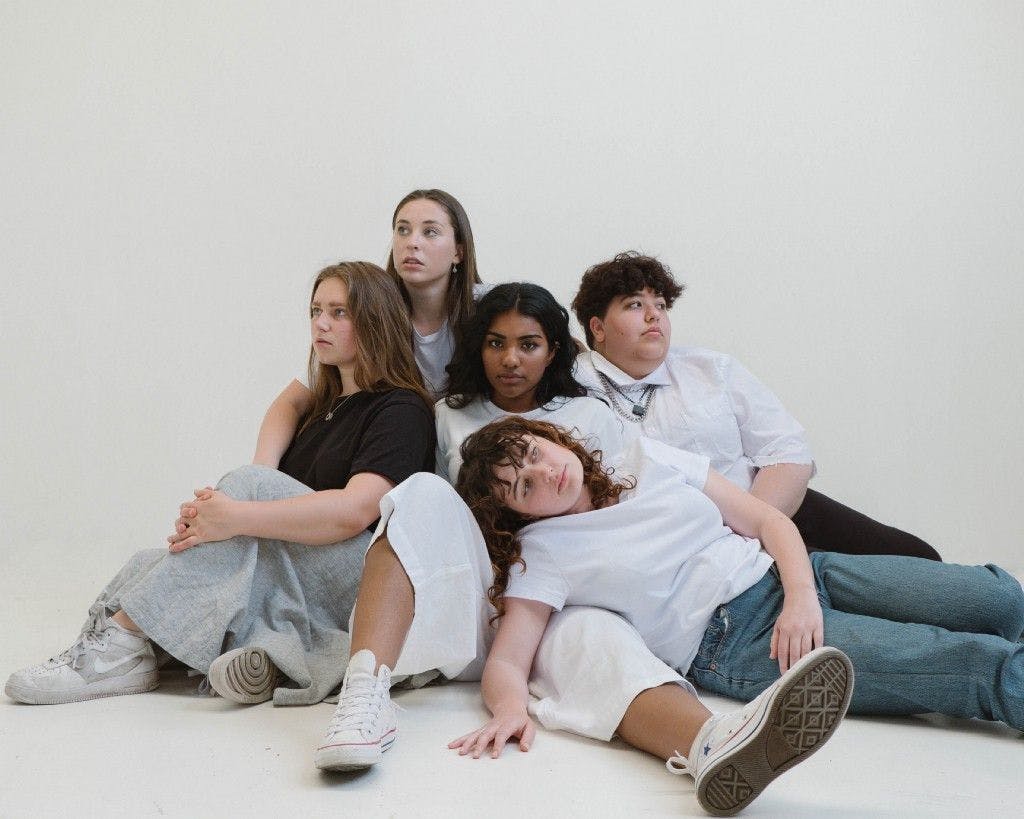The Home as a Multi-Functional Hub
DESIGN & INTERIORS
The home is no longer just a place to live, it’s evolving into something more intelligent and more essential to wellbeing than ever before. As consumer expectations around the home continue to shift, the pressure is on to design products, services, and environments that feel not only functional, but intuitive, sustainable, and emotionally resonant. We found four main trends that exemplify this in collaboration with Midea.

In June, we hosted a webinar on domestic appliance trends with Paolo Lorini, Head of Residential Air Conditioning at Midea, as our guest speaker. With 25 years of experience leading design initiatives across top creative agencies, consulting firms, prestigious design schools, and global corporations, Paolo brought a uniquely holistic vision to the future of domestic living. You can watch that webinar here.
Home Reimagined: How the Polycrisis is Shaping the Future of Domestic Life
In a world shaped by climate volatility, economic uncertainty, and social fragmentation, one space is undergoing a profound transformation: the home. Far from being a passive backdrop, our living environments are now active participants in how we cope, connect, and create meaning. The latest Nextatlas trend report, created in collaboration with Midea, explores this evolution through the lens of “Home as a Multi-Functional Hub.”
Our data signals clear momentum toward homes designed not just for convenience, but for resilience, emotional wellbeing, and human connection.
Deep States: From Burnout to Balance
As mental fatigue and digital distraction surge, consumers are craving environments that support deep focus and calm. They're turning to structured routines, sensory-driven spaces, functional foods, and biohacking tools, while industries across tech, wellness, food, and interior design are rapidly adapting with distraction-free tools, brain-boosting products, and low-stimulation environments. What began as personal optimisation is now reshaping lifestyle design, driving a cultural movement toward more intentional, balanced living.
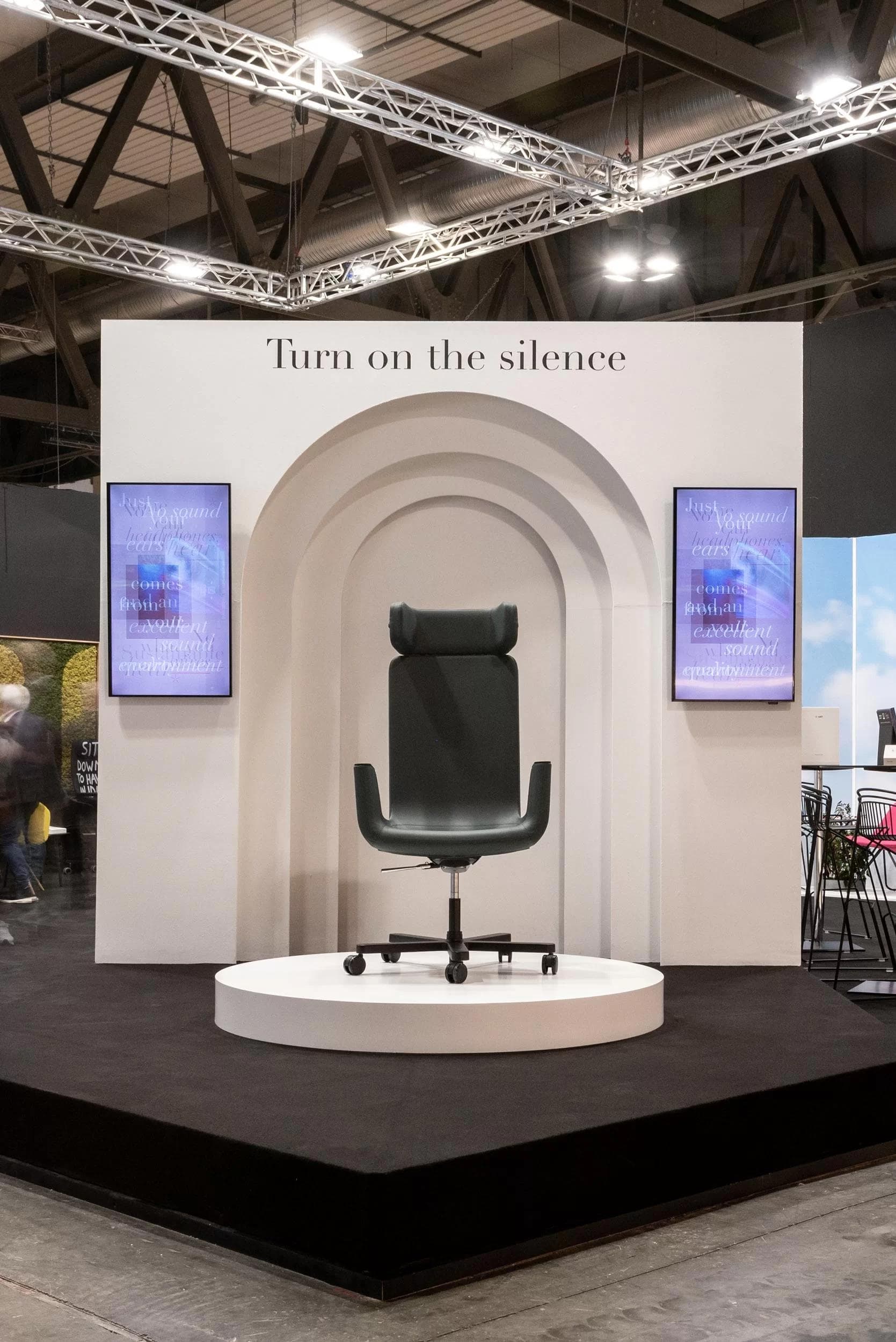
Silente® by Luxy is a smart chair that can surround the user with sound or immerse them in profound silence, making it the world's first chair that’s capable of creating soundscapes that foster deep focus and relaxation (credits: Luxy)
Evergreen Value: Longevity over Luxury
In the face of inflation and deglobalisation, people are reevaluating what truly counts as “value.” Consumers are increasingly balancing the want for instant gratification with a growing demand for long-term value and resilience, especially amid the uncertain economic climate. This duality is fuelling interest in small indulgences for immediate satisfaction while also driving careful consideration of significant purchases that promise enduring utility.
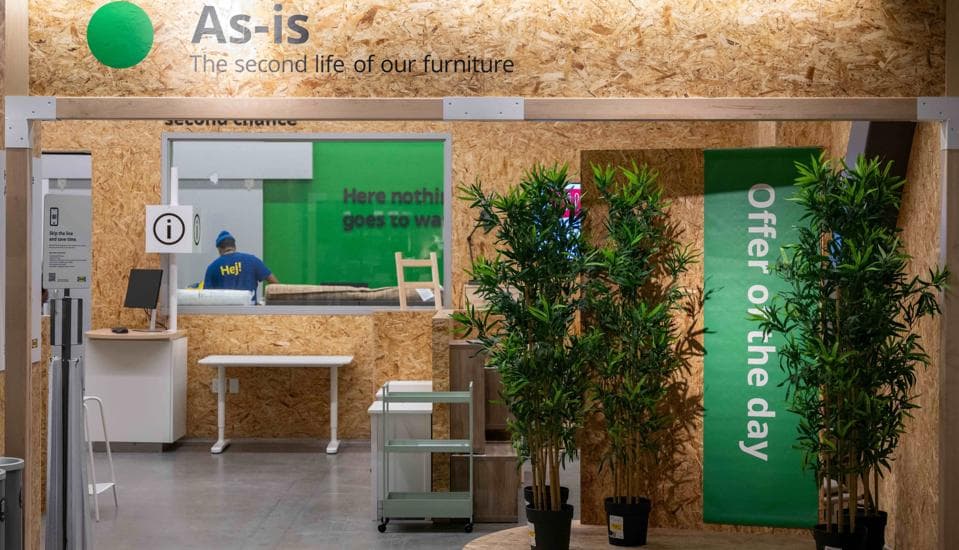
IKEA’s Circular Economy initiative, featuring buy-back, refurbishment, and resale programs, is redefining sustainability in the furniture industry (credits: IKEA)
Embodied Conviviality: Designing for Togetherness
The post-pandemic world has sparked a renewed appreciation for home as a space for both solitude and sociality. As people reimagine their homes to support both social connection and personal safety, housing projects are shifting toward flexible, community-oriented models with both private and shared spaces. Fostering a sense of cosiness, intimacy, and togetherness is key, most easily seen through the “comfort decorating” phenomenon - filling your home with emotionally resonant objects or spaces that fit lifestyle over trends.
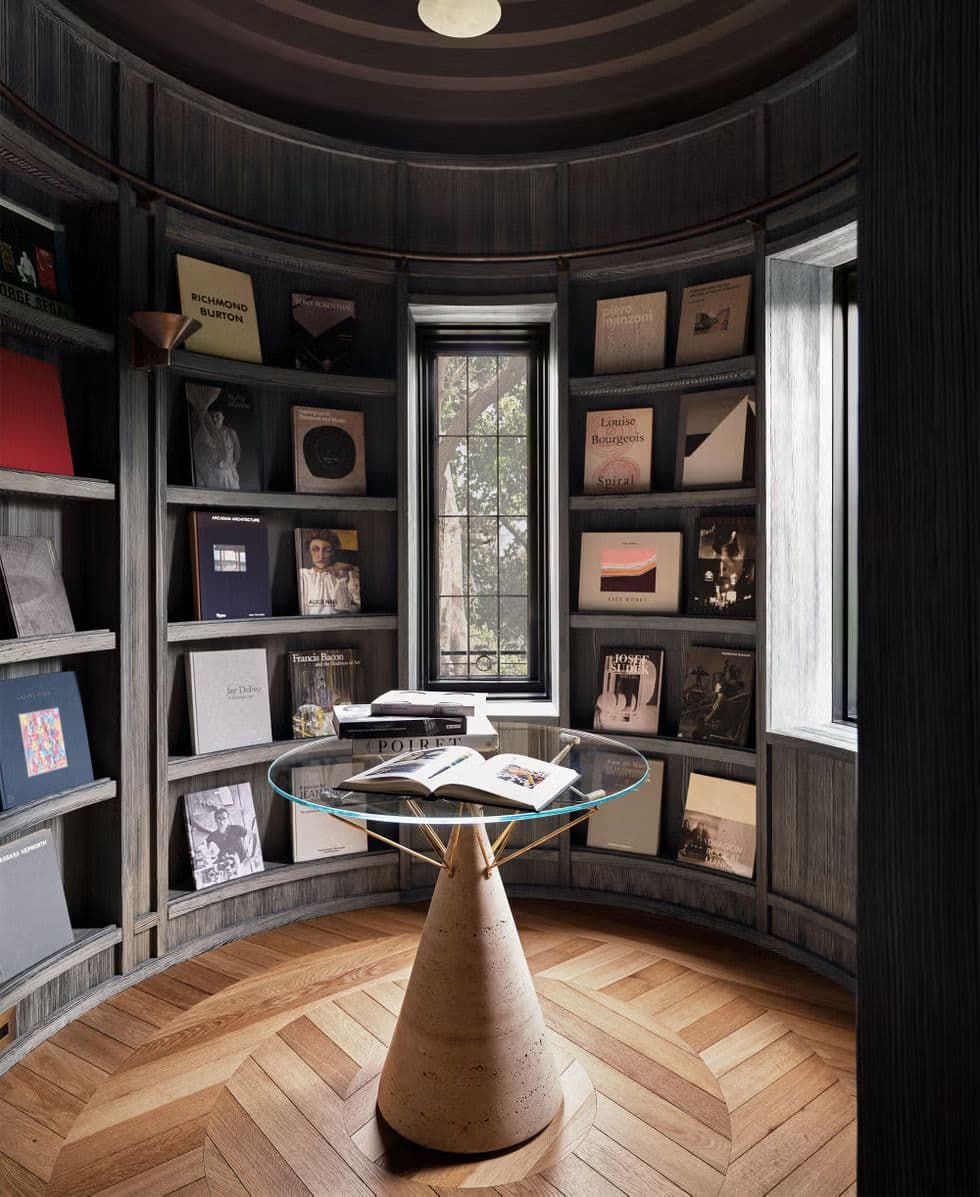
Credits: Adrian Gaut
Synthetic Intimacy: Humanizing Technology
The cold automation of previous household appliances is fading away, as tomorrow’s smart homes are warm, responsive, and emotionally intelligent. Technological advancements have ushered in an era of synthetic intimacy, where AI not only mimics human interaction but facilitates profound self-discovery. From personalised recommendations to AI-powered wearables, these tools create experiences that feel as if technology understands us better than we do ourselves.
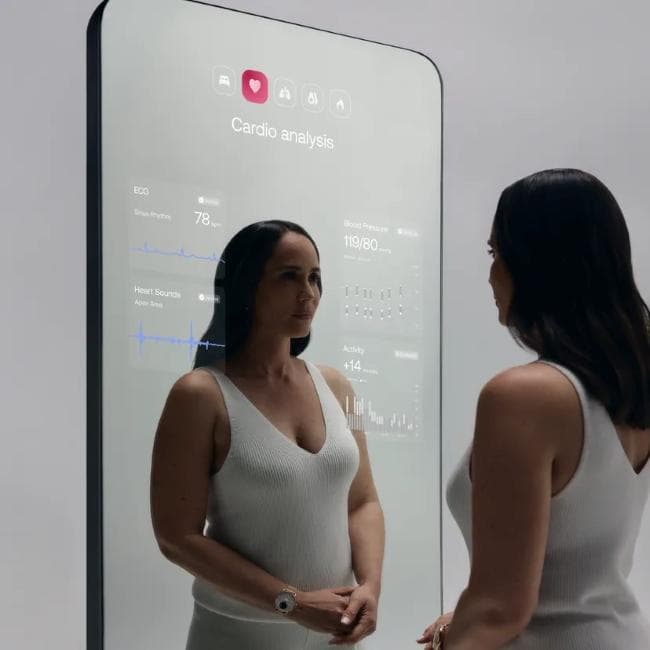
The Withings OMNIA smart mirror delivers insights tailored to each individual’s unique health profile using AI (credits: Withings)
Adaptive, Human-Centered, and Emotionally Intelligent
This transformation is born out of necessity. As the polycrisis reshapes our world, the home becomes a sanctuary of stability, a place to recharge, connect, and evolve. For brands and innovators, the challenge is to meet this moment with empathy, flexibility, and foresight.
At Nextatlas, we’re proud to partner with forward-thinking companies like Midea to bring AI-driven insights into how people will live tomorrow and what they’ll expect from the spaces they call home.
A special thank you to Paolo Lorini of Midea for his contribution to the webinar and subsequent trend report, which you can download now.
Trend lines, data, and information described in this article emerge from the ongoing analysis performed by Nextatlas on its global observation pool made of innovators, early adopters, industry insiders expressing their views on Twitter, Instagram, and Reddit.
To learn more about our AI, discover Nextatlas Methodology here
Related articles:
Italy
Torino - Via Stampatori 4, 10122(Operational headquarter)+39 011/0864065VAT number and registration number at the Registro delle Imprese di Cagliari: 03428550929 paid share capital € 167.740,00 — © 2024 iCoolhunt SpA.


